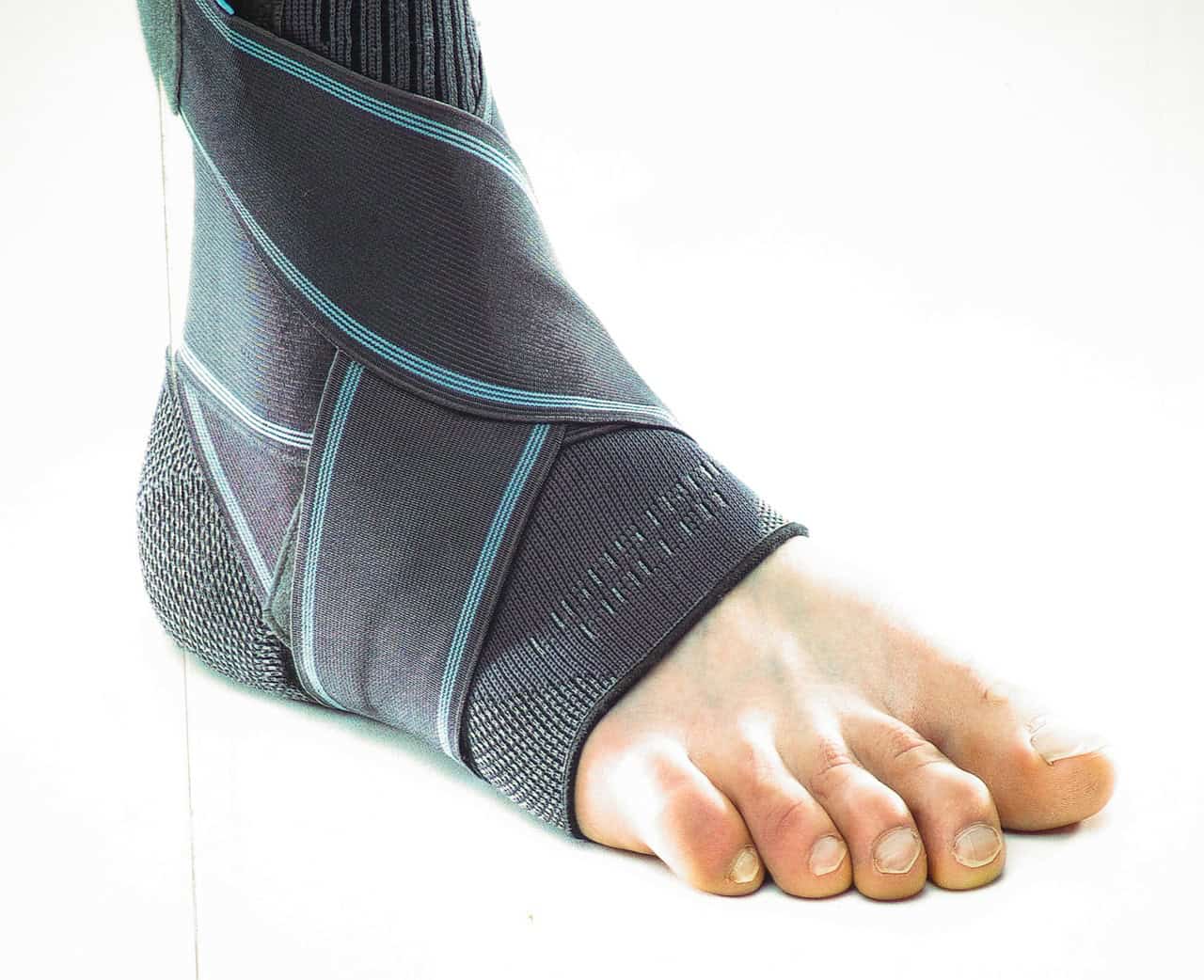When considering occupational health and the threat of workplace injuries, Repetitive Strain Injuries (RSI) is one of the most significant focal points for employers and employees alike.
After all, 9% of US adults experience this injury in any given three-month period with many instances stemming from the workplace. Here’s all you need to know about the condition, as well as its potential impact on workers’ compensation claims.
What Is RSI and How Does It Occur?
Repetitive Strain Injuries (RSI) are defined as musculoskeletal disorders that cause “damage to your muscles, tendons or nerves caused by repetitive motions and constant use”. They most commonly affect the hands, wrists, elbows, shoulders, and knees.
RSIs can occur unilaterally or bilaterally and are caused by the overuse of muscles and tendons due to repetitive motions, often referred to as overuse syndrome. While they are not limited to workers (as is shown by sports injuries, for example) they are very common workplace injuries often associated with the repetitive tasks that many employees undertake on a daily basis. Some examples include;
- Uninterrupted repetitions of an activity such as typing,
- Awkward motions such as twisting the arm or wrist,
- Incorrect posture when lifting items or completing a motion,
- Using a tool that vibrates for long periods.
Prevalence of RSI in the Workplace:
Repetitive Strain Injuries (RSI) are common workplace injuries because many workers spend large portions of their shifts completing the same tasks, thus putting repeated stress on the same muscles and tendons. RSIs may develop over a period of weeks, months, or even years in which the employee follows the endless cycle.
RSI can occur in any job role, but research shows that female workers are often at increased risk. Both office employees and assembly line workers have been cited as having greater vulnerabilities while athletes, musicians, and anyone else who spends their days completing the same motions may suffer too.
Musculoskeletal disorders are a major problem for occupational health as they impact the worker’s health and ability to work. Symptoms may include bruises, swelling, and soreness while also leading to fractures, herniated discs, nerve compression syndrome, and bursitis.
In turn, productivity will slow and human errors will increase while employers may consequently face workers’ compensation claims from the injured party.
Types of RSI and Their Effects

Several types of repetitive stress injuries (RSI) may emerge as a result of poor practices and occupational health. Virtually all of them can vary greatly from mild symptoms to more significant pain and discomfort. Unfortunately, they can have a hugely negative impact on an individual’s ability to work as well as their quality of life.
Employees should look out for signs of the following conditions while employers should also take steps to help identify the early signs of them;
- Tendonitis – when the connective tissues (tendons) between bones and muscles are inflamed. This can happen in the Achilles, elbow, hip, shoulder, and other tendons.
- Carpal tunnel syndrome – a common wrist problem characterized by tingling and numbness that occurs due to repetitive wrist motions.
- Trigger finger and trigger thumb – the swelling of tendons in the fingers and thumbs caused by inflammation. Working with tools and farming are common causes.
- Osgood-Schlatter disease – when patellar tendons pull against the top of the shinbone, causing swelling and pain below the kneecap.
- Back strains and sprains – pains and inflammation occurring in the back as a result of repetitive motions like lifting items and working with certain tools.
Other issues like tennis elbow and shin splints may also occur as workplace injuries but are more commonly seen in athletes. Still, it’s important to be aware of them and their impact on the individual’s life.
Importance of Early Detection and Prevention:
In many cases, Repetitive Strain Injuries (RSI) workplace injuries can be treated with rest and medication while workplace modifications can prevent repeat episodes. However, left untreated, the condition can escalate into a chronic condition.
Therefore, employers should look to implement ergonomic practices in the workplace to prevent RSIs. Crucially, creating open communication loops will allow employees to raise concerns while also showing that you have made a commitment to satisfy your duty of care.
Meanwhile, employees will find that early detection can help limit the pain. For employers, early interventions will ultimately reduce the amount of recovery time while also saving productivity.
The Importance of Medical Treatment and Physical Therapy
Seeking medical treatment early is vital for managing RSI effectively. A physical exam can help diagnose the specific type of RSI, while imaging tests like X-rays or MRIs can provide a more detailed view of the injury. Treatment often involves physical therapy, which can help strengthen the affected muscles and reduce pain. In some cases, anti-inflammatory painkillers or even surgery may be necessary as a last resort. Workers should also consider regular exercise and stretching as part of their routine physical activity to prevent RSIs from developing or worsening.
Workers’ Compensation Claims:
There are limited circumstances when a Repetitive Strain Injury (RSI) will be covered in Virginia. Any injured worker must prove a sudden identifiably event that caused a mechanical change in their body to prove they suffered an compensable work-related injury. This makes proving an RSI is a compensable injury very difficult, as most RSIs develop slowly over time. However, Virginia has recognized the “one piece of work” doctrine, creating an exception to the general rule that RSIs are not a covered work injury. Under the “one piece of work” doctrine if a worker can identify a defined task, over a defined period of time (i.e., moving 100 boxes during a 90 minute period) they may be able to prove their RSI should be covered by workers’ comp. Anyone who experiences Repetitive Strain Injuries (RSI) musculoskeletal disorders may be able to claim workers’ compensation as an injured worker, as these injuries are classed as occupational health issues. Before making a claim, though, employees should;
- Report the injury to your employer (specifically identify the task and period of time over which the symptom developed, if there is a specific event that started the pain be sure to describe the specific event)
- Seek medical treatment to create a record of their symptoms (and gain pain relief) (also specifically identify the task and period of time over which the symptom developed, if there is a specific event that started the pain be sure to describe the specific event)
- Seek time off or a change in workplace conditions to prevent worsening symptoms.
- Stay active, even if with a reduced workload.
- Opt for RICE – Rest, Ice, Compression, Elevation – treatments.
However, you should avoid resting the injury for too long as this can lead to a weakening of the muscles in this part of the body.
Factors for Successful Workers’ Compensation Claims:

Every workers’ compensation claim is judged on its individual merits. However, the key to success largely stems around proving that the employer’s negligence is what caused the RSI. This could be due to a lack of ergonomic furniture, excessive shift durations, sustained or awkward positions, or insufficient training.
It will also be necessary to provide a record of the RSI, including;
- Being able to identify a sudden event that started your symptoms OR a specific “piece of work” over a defined period of time that started your symptoms.
- Medical records showing your symptoms and treatments.
- Records of communication (such as emails) regarding the issue with your employer.
- Occupational health notes, such as a review.
- Photos or evidence of the working environment.
- Evidence of how long the injury lasted.
Hire a Worker’s Compensation Lawyer in Richmond, VA For Your Claim
Repetitive Strain Injuries (RSI) and musculoskeletal disorders are serious issues that can impact a worker’s health, performance in the workplace, and quality of life. When combined with the potential personal injury claims that could follow, employers must take the right steps to prevent and manage the situation correctly. Meanwhile, employees should prioritize their wellness and push for companies to provide better working conditions.
If you have experienced an RSI, Renfro & Renfro can help you claim the compensation you deserve. Contact us for a case evaluation.






